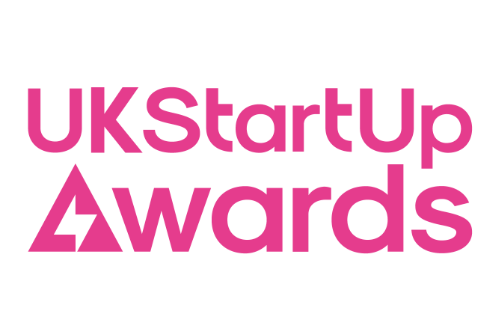The entrepreneurship landscape continuously evolves, driven by technological advancements, societal needs, and global challenges. The next generation of world-famous entrepreneurs will likely build businesses that address pressing issues, leverage cutting-edge technologies, and create significant societal value. Here are key areas where these future entrepreneurs are expected to make their mark:
Sustainable technologies and green energy
Renewable energy solutions
- As the world grapples with climate change, there is an increasing demand for clean energy solutions. Entrepreneurs will focus on developing advanced renewable energy technologies, including solar, wind, and tidal power.
- Innovations in energy storage, like more efficient batteries and grid storage solutions, will be crucial for stabilizing renewable energy supply and demand.
Circular economy
- Future businesses will adopt circular economy principles, emphasizing recycling, reusing, and reducing waste. Entrepreneurs will create products and systems that minimize environmental impact and promote sustainability.
- Companies like TerraCycle, which focuses on recycling hard-to-recycle materials, are early examples of this trend.
Healthcare and biotechnology
Personalized medicine
- Advances in genomics and biotechnology are creating the way for personalized medicine. Entrepreneurs will develop solutions that tailor treatments to individual genetic profiles, improving the effectiveness of healthcare.
- Startups like 23andMe, which provides genetic testing services, illustrate the potential of personalized health solutions.
Telemedicine and remote health monitoring
- The COVID-19 pandemic accelerated the adoption of telemedicine, and this trend will continue. Entrepreneurs will create innovative telehealth platforms that provide remote consultations, diagnostics, and monitoring.
- Wearable technology integrated with AI will enable continuous health monitoring, offering real-time insights and proactive healthcare management.
Artificial intelligence and machine learning
AI-driven automation
- AI and machine learning will transform various industries by automating repetitive tasks and optimizing operations. Entrepreneurs will develop AI solutions that enhance productivity and reduce manufacturing, logistics, and customer service costs.
- Companies like UiPath, which specializes in robotic process automation, have led this domain.
AI in creativity and content creation
- AI’s role in creative fields is expanding. Entrepreneurs will build AI tools that assist in content creation, from writing and graphic design to music and video production.
- OpenAI’s GPT-3, which can generate human-like text, is an example of how AI can enhance creative processes.
Education Technology (EdTech)
Personalized learning platforms
- EdTech will continue to evolve, providing personalized learning experiences that adapt to individual student needs. Entrepreneurs will develop AI-powered platforms that offer customized lesson plans, assessments, and feedback.
- Companies like Khan Academy and Coursera already utilize AI to tailor educational content to learners’ unique requirements.
Virtual and augmented reality in education
- Virtual Reality (VR) and Augmented Reality (AR) will revolutionize education by providing immersive learning experiences. Entrepreneurs will create VR/AR educational tools that make learning more engaging and interactive.
- Tools like Oculus for Business are used to create virtual classrooms and training environments.
Smart cities and infrastructure
IoT-Enabled smart cities:
- The Internet of Things (IoT) will significantly develop smart cities. Entrepreneurs will create IoT solutions that improve urban living by enhancing traffic management, energy efficiency, waste management, and public safety.
- Innovative city initiatives like those in Singapore and Barcelona showcase the potential of IoT in urban environments.
Sustainable urban development
- Future entrepreneurs will focus on building sustainable and resilient urban infrastructure, including green buildings, efficient public transportation systems, and renewable energy integration.
- Companies like Tesla, with its advancements in electric vehicles and solar energy, are examples of how technology can contribute to sustainable urban living.
Food and Agriculture Technology (AgTech)
Precision agriculture
- Entrepreneurs will leverage AI, IoT, and big data to develop precision agriculture solutions. These technologies will optimize farming practices, increase crop yields, and reduce resource usage.
- Startups like Indigo Agriculture use data and microbial technology to improve crop health and productivity.
Alternative proteins and food sustainability
- With the growing concern over the environmental impact of traditional meat production, entrepreneurs will develop alternative protein sources such as plant-based meats, lab-grown meats, and insect proteins.
- Companies like Beyond Meat and Impossible Foods are at the forefront of the alternative protein movement.
The next generation of world-famous entrepreneurs will build businesses that address critical global challenges and leverage technological advancements. By focusing on sustainability, healthcare, AI, education, smart cities, and agriculture, these entrepreneurs will create solutions that drive economic growth, enhance the quality of life, and protect the environment. Their innovative spirit and commitment to making a positive impact will shape the future of business and society.
Share via:










































